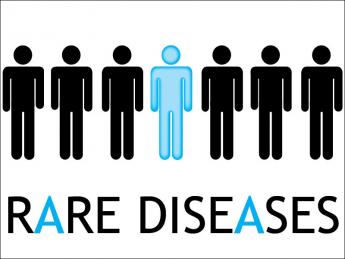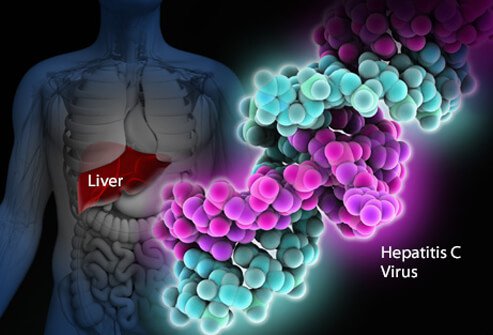Related Topics
Right Angle Club 2017
Dick Palmer and Bill Dorsey died this year. We will miss them.
Hepatitis C Has Been Cured: Tell All Your Friends.

|
| Medical Meetings |
During many medical meetings, I developed two generalizations: if one paper in three is excellent, or if the whole meeting produces one shocking discovery, you are having a good meeting. Two thirds of the time, if you let your mind wander, you haven't missed much. So imagine my surprise, when a 6-hour meeting recently related four formerly incurable diseases with new successful treatments, plus a new slant about how rare diseases spread, and disturbing possible insight into the medical economics of pharmaceutical marketing.

|
| Rare Diseases |
Another insight about rare diseases was that certain diseases may be rarities in America, but are common in some foreign countries. Perhaps this disparity was due to differences in hygiene or nutrition, but no, DNA testing shows they are inherited. Genghis Kahn or somebody like him seems to have spread a mutation around his neighborhood, and poor transportation kept these diseases local. But recent globalization increased foreign immigration, so these diseases are now commoner in America when we thought they were local mutations. The new cures? They are for biliary cirrhosis, Hepatitis C, hemochromatosis, and Non-alcoholic fatty liver. Having said that, let's narrow our attention to the non-scientific one, the one about drug pricing.

|
| Hepatitis C |
First, some background about Hepatitis C. Like HIV (AIDS) in its early stages, it was mostly confined to males, because it was initially spread by a male to male sexual contact in prisons, along with intravenous drug abuse for the same reason. ( Let me tell you, if you weren't a drug abuser when you went into prison, you will very likely be one when you get out. ) The gay community rattled the cage for more research and the result has been a great decline in Hepatitis B and HIV-AIDS, but Hepatitis C proved much more stubborn. For twenty or so years, we had a test which detected the presence of Hep C, but we essentially had no cure, with the possible exception of Interferon, which made people deathly sick for a year and had only a 30% cure rate. Most patients refused to go along with this treatment, and for years I told most patients that in their position, I would take my chances on a better treatment coming along, rather than subject myself to this grief. Well, today I learned the tables had turned. About twenty drugs, in five classes, had more than a 95% chance of cure in three months, with comparatively little toxicity. All on a single projection slide. The speaker said they were contemplating a campaign to eradicate the disease entirely by 2020, while saying there would be a campaign to eradicate it by 2030, just to be conservative.

|
| Drug Prices |
Well, I stopped off at one of the drug company booths to help myself to a free lollipop and chatted with the drug representative. The drug was expensive, like $60,000 for a three-month course of treatment, plus MRIs and other tests to monitor it, plus doctor and hospital charges. Let's guess it comes to $100,000 per patient. Wikepedia tells me there are millions and millions of patients with the disease, and the speaker guessed it was 1,600,000 in America. I suppose the drug company thinks no one can multiply because that comes to about $160 billion dollars. The competition was supposed to lower the cost, but the initial reaction was a rush to recover research and development costs before the disease disappeared. Even that wasn't a satisfying answer, because neither prison inmates nor recent prison inmates could possibly afford it. Most of this projected cost would fall on state Medicaid. Whether there is any connection between this set of associations and the Tea Party rebellion against restraining Medicaid is conjectural. But it is certainly strange that a disease which took so long to find a cure would suddenly find twenty cures at one meeting. The drug rep responded that if you just call the drug company -- don't call your hospital or health insurance company -- the drug company will almost always find a way around the problem without substantial cost. That's fine, but $160 billion? Nobody but the federal government has that kind of money, and it's even questionable they have it to spare.
That's all I know. Don't call me, call someone more likely to know the answer. We do know two things: there is a big pool of disease waiting to immigrate, so we have to talk about world-wide eradication, not just about one country. And the treatment of Hep C uses up your resistance to this sort of virus, and likely causes a re-activation of Hepatitis B if you happen to have had it in the past, as many Hep C patients undoubtedly have.
Originally published: Saturday, April 01, 2017; most-recently modified: Tuesday, May 21, 2019